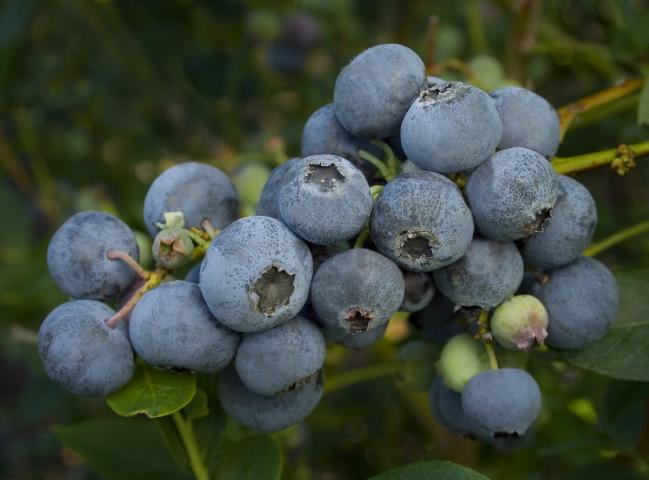By Clint Thompson
Georgia’s blueberry farmers have their share of seasonal challenges. Some federal assistance is needed if growers are going to remain sustainable.

Russ Goodman, a Georgia blueberry grower and state representative, communicated those pleas of assistance to AgNet Media prior to the recent Farm Bill listening session in Newberry, Florida.
“We just need protection from unfair trade, and we’re dealing with AEWR (Adverse Effect Wage Rate) now that is $13.67. When you look at what the labor costs are in places like Mexico and Peru and when you look at the fact that labor is about 40% or 50% of the cost of production on a fruit and vegetable farm, we’re paying over 10 times more than what farmers are paying in those other countries,” Goodman said. “It doesn’t matter what business it is or what business model you have, if you’re paying 10 times as much in something that is half the cost of production, then your competitors are eventually going to put you out of business. Unfortunately, that competition comes in the form of the American family farm.”
Harvests are ongoing for Georgia’s blueberry growers. Goodman, who farms in Clinch and Lanier counties, said on April 21 that half of his highbush crop had already been harvested. Whether it was the prolonged period of sub-freezing temperatures during Christmas or the freeze events during March, weather has impacted this year’s crop.
“We’re doing okay. We thought we were going to have a really big crop. Turns out it’s going to be a somewhat average crop. We had a big bloom, then we had some poor pollinating weather. In the later varieties we had a huge bloom and that was a little disappointing, and the crop ended up being half of what we thought it would be,” Goodman said. “I’m really not sure if it was those three days we were at 16 or 17 degrees (Fahrenheit) in December or if it was the 30-degree weather we had in March. It certainly impacted (the crop).”









